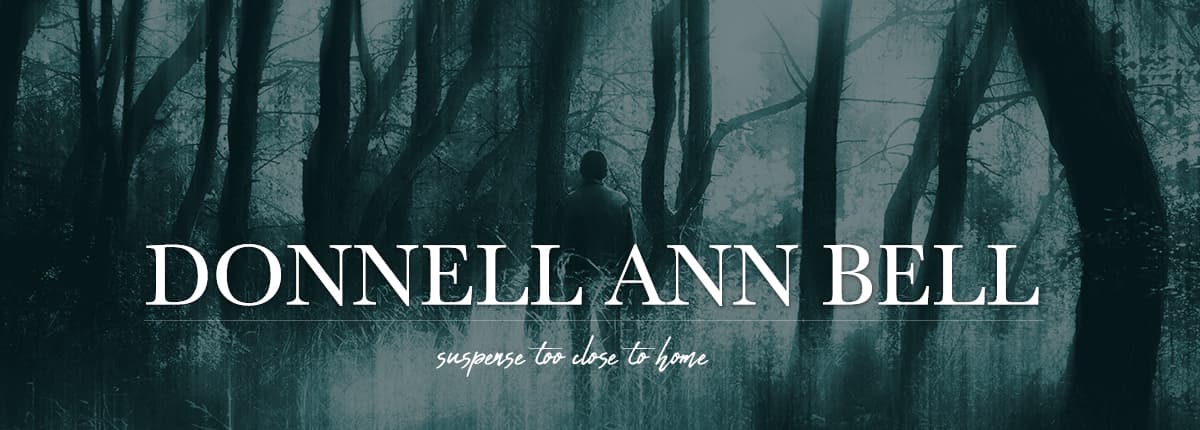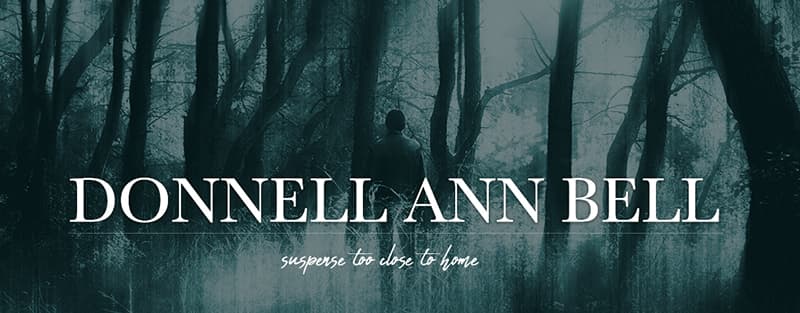by Donnell Ann Bell
“No enemy is worse than bad advice.” – Sophocles
Every once in a while people offer advice that really works. E.g., Look both ways before crossing the street, read warning labels on products and exercise three to five times a week to maintain a healthy weight. Those kinds of input I can use and appreciate. But some of the advice I’ve received of late leaves me shaking my head.
Two weekends ago I attended my local library’s workshop in which a marketing guru offered authors and aspiring authors’ advice for today’s market. She said the days that authors sit alone in their offices and devote long hours to writing are gone. As a matter of fact, she added, authors should be focused ten percent on writing the book and ninety percent to its marketing. Twenty-four/eight, she insisted. Market your book twenty-four/eight.
This weekend I attended the Pikes Peak Writers Conference where the age-old subject of prologues came up again. An editor told the audience how much he hates prologues and that he skips right over them. Once again people who had paid good money to attend wrote furiously in their notebooks, most likely taking this man’s words to heart and perpetuating this controversy further. While I was thinking of Sandra Brown’s Envy or Robert Crais’s Two Minute Rule and two of the best prologues I’ve ever read in commercial fiction.
There’s a lot of lousy, subjective advice floating around out there—what’s more the experts are touting it.
If I have to devote ninety percent to marketing my books, I might as well hang it up right now. I didn’t get into this writing gig to market my wares like a gypsy in a caravan, I got into writing to tell my stories—to sit in my office alone a lot more than ten percent.
Robert Crais once told me, “Sure you can write a prologue, just don’t write a bad one.” If a book needs a prologue, it needs a prologue, and how a few paragraphs at the start of a book can cause such a vitriolic response is beyond me.
So because there’s so much misinformation and bad advice out there coming from people I should otherwise respect and rely on, I’ve decided to break down the ways I will accept advice in the future. One, if it doesn’t make sense, I will completely disregard it, or two, if it doesn’t save my life, refer back to rule number one.










